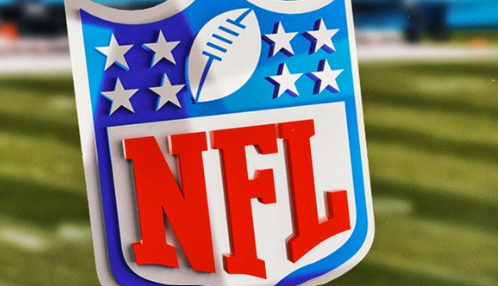- Analysts typically point out that this move aligns the NFL with other major sports leagues like the NBA and MLB, which already allow private equity investments.
- NFL team owners and league officials likely emphasize the strategic benefits, such as increased liquidity and the ability to attract high-profile investors.
- Increased Capital Inflow: Allowing private equity investment is expected to bring fresh capital into the league, potentially boosting team valuations and providing owners with new financial flexibility. This could enable teams to invest more heavily in facilities, technology, and player development.
- Concerns About Corporate Influence: Some sports commentators and fans have expressed concern that private equity involvement could lead to a greater focus on profit maximization at the expense of team culture and community engagement.
The NFL is on the verge of a historic change, as the league’s 32 owners are expected to vote in favor of allowing select private equity firms to invest in teams. This decision, to be made during a special league meeting in Eagan, Minnesota, on Tuesday, would enable private equity firms to acquire up to a 10% stake in an NFL team. Each firm or investment consortium will be allowed to invest in up to six different teams.
The first group of approved firms includes Ares Management, Sixth Street Partners, Arctos Partners, and a consortium known as “The Avengers,” which is composed of Dynasty Equity, Blackstone, Carlyle Group, and CVC Capital Partners. Collectively, these firms manage assets worth $2 trillion and are expected to raise $12 billion of capital over time, which includes leverage. This move could result in an average of $500 million of new capital for each team that receives investment, significantly boosting financial resources for various initiatives.
NFL owners expected to vote on allowing private equity investment in teams: ‘All the important places’ coveredhttps://t.co/O0ELa1cjxQ
— Whiproute ⚡️ (@whiproute_) August 27, 2024
NFL Commissioner Roger Goodell mentioned in July that the league had received considerable interest from private equity firms. The league has been exploring this potential shift since last September when it formed a committee to examine the possibility of incorporating private equity funding. Unlike other major sports leagues like the NBA, MLB, NHL, and MLS, which allow private equity ownership stakes of up to 30%, the NFL is proceeding cautiously by only permitting select firms and capping ownership at 10%.
Goodell views the 10% stake as a complement to the existing ownership structure and hinted that this percentage could increase in the future. As NFL team valuations continue to soar, it has become more challenging for potential owners to afford the increasingly high price tags when teams go up for sale. This was evident during the recent sale of the Washington Commanders, which fetched a record $6.05 billion. The team was sold to an ownership group that included Apollo co-founder Josh Harris and 20 other investors. Harris remarked that the sale process highlighted the need for the NFL to adapt, noting that only the world’s wealthiest individuals could easily afford such investments.
The introduction of private equity investment could also facilitate funding for new stadiums and other related projects. Currently, teams like the Buffalo Bills and Tennessee Titans are in the process of building new stadiums, while the Cleveland Browns, Chicago Bears, and Washington Commanders are exploring similar possibilities for the future.
NFL set to vote on bombshell ownership proposal https://t.co/lvoN1CDWW5
— Odds 911 (@odds911) August 27, 2024
As the NFL opens its doors to private equity, this fresh influx of capital is expected to not only strengthen the financial foundation of the league’s teams but also help in driving future growth and infrastructure development.
Key Points:
i. The NFL is set to allow select private equity firms to invest up to a 10% stake in teams, a first for the league.
ii. Approved firms include Ares Management, Sixth Street Partners, Arctos Partners, and a consortium called “The Avengers.”
iii. This move is expected to bring in $12 billion in capital, providing an average of $500 million for each team that receives investment.
iv. The decision aligns the NFL with other major sports leagues that have already embraced private equity, although at a more conservative 10% cap.
v.The new capital could support the construction of new stadiums and other infrastructure projects for teams like the Buffalo Bills, Tennessee Titans, and others.
Charles William III – Reprinted with permission of Whatfinger News


